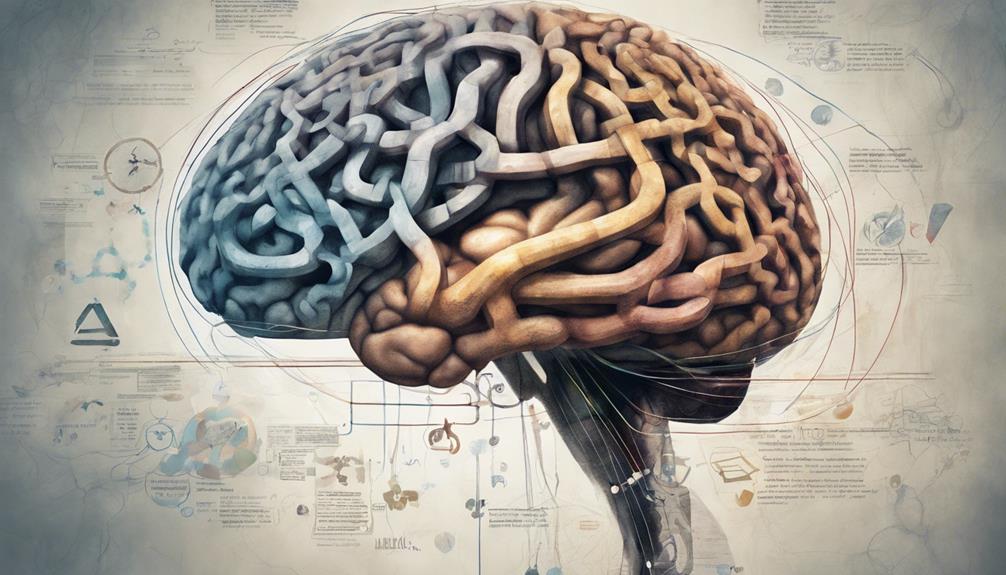Critical thinking is the cornerstone of rational decision-making, essential for untangling the complexities of our modern world. It allows individuals to dissect information, challenge assumptions, and draw well-informed conclusions. But why is this cognitive skill so crucial? Its significance extends beyond academia; it is the compass that guides our judgments, the tool that sharpens our problem-solving abilities. In a society inundated with information, critical thinking is the beacon that illuminates the path to clarity and understanding.
Key Takeaways
- Critical thinking enhances decision-making by evaluating information systematically.
- It minimizes errors, promotes sound judgment, and fosters logical analysis.
- Developing critical thinking skills involves questioning assumptions and considering alternative perspectives.
- Applications include problem-solving, innovation, conflict resolution, and effective communication.
Definition of Critical Thinking
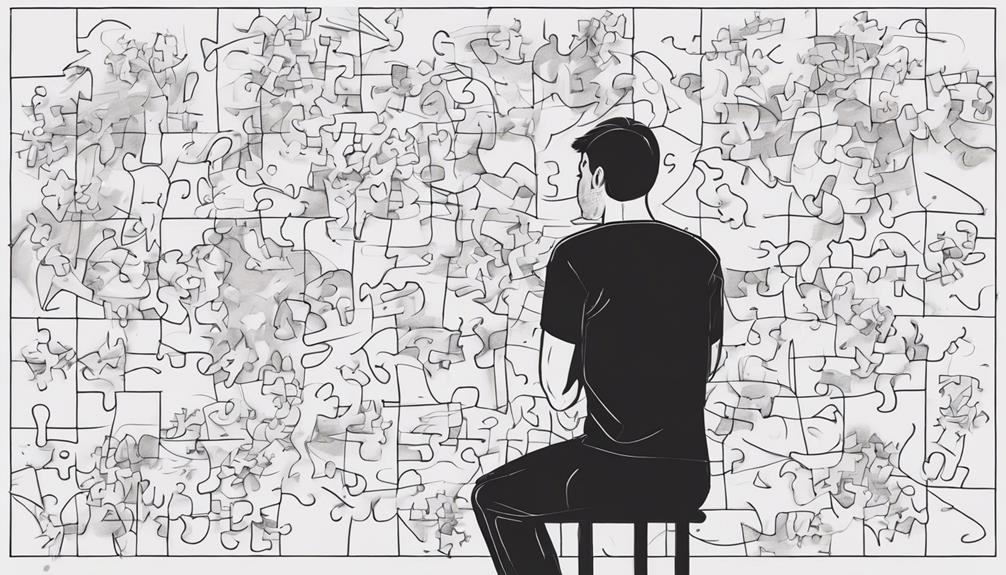
Critical thinking is the disciplined process of skillfully conceptualizing, analyzing, and evaluating information to reach well-reasoned conclusions. It involves the ability to interpret, evaluate, and analyze facts and information in a systematic manner to form logical judgments. Critical thinking skills are essential for individuals to make informed decisions, especially in today's complex and data-driven world. Thinkers who excel in critical thinking can navigate through vast amounts of information, identify key points, and analyze them objectively.
Importance in Decision Making
The significance of critical thinking in decision-making processes becomes increasingly evident when individuals are able to objectively evaluate information and consider diverse viewpoints. Critical thinking plays a vital role in enabling individuals to make informed choices, enhance problem-solving capabilities, and ultimately lead to better outcomes. By analyzing complex situations from various perspectives, critical thinkers can identify potential biases, prevent manipulation, and arrive at well-thought-out decisions.
To illustrate the importance of critical thinking in decision-making, the following table summarizes key points:
| Key Points | Importance in Decision Making |
|---|---|
| Objective evaluation of information | Enables informed choices |
| Consideration of multiple perspectives | Enhances problem-solving capabilities |
| Prevention of manipulation | Leads to better outcomes |
| Training in critical thinking | Improves decision-making abilities |
Research, such as that conducted by Cambridge University's psychology department in 2020, supports the notion that training in critical thinking significantly improves decision-making skills. Business leaders also recognize the critical nature of this skill, with 92% considering it crucial for success.
Common Critical Thinking Skills
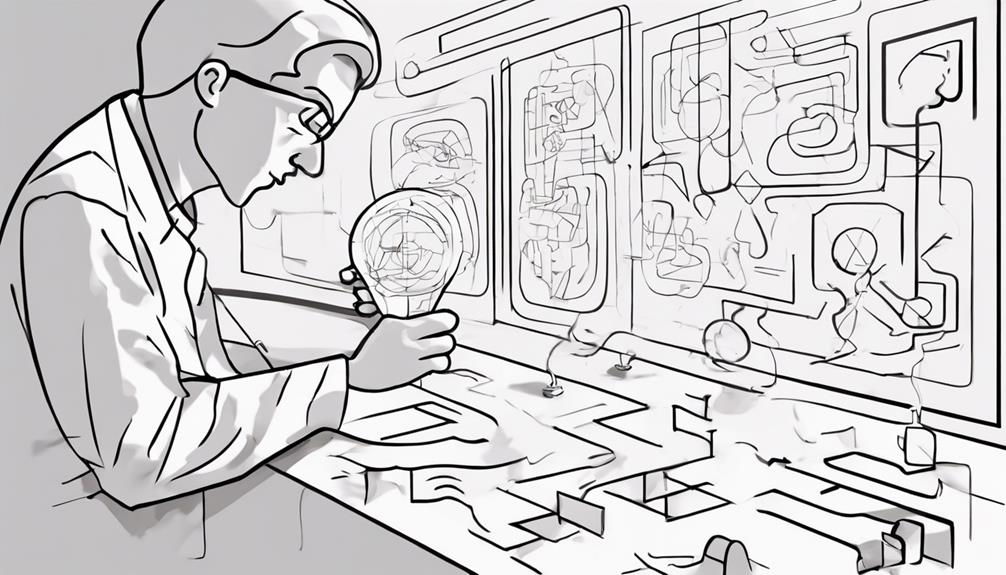
Critical thinking skills are fundamental for identifying biases, conducting thorough analyses, and enhancing problem-solving capabilities. By mastering an analytical thought process, individuals can navigate complex information and arrive at informed conclusions. Developing these abilities is crucial for effective decision-making and fostering a deeper understanding of various issues.
Key Critical Thinking Skills
Enhancing one's critical thinking prowess involves honing a diverse set of skills essential for navigating complex information landscapes effectively.
- Identifying Biases: Strong critical thinking skills allow individuals to recognize and address biases that may impact their judgment.
- Research with Credible Sources: The ability to think critically enables individuals to distinguish between reliable and unreliable sources of information.
- Practicing Open-Mindedness: Critical thinkers make a conscious effort to consider various perspectives and remain open to new ideas.
- Enhancing Logic and Reasoning Abilities: Developing critical thinking skills involves improving one's capacity to apply logical reasoning in problem-solving scenarios.
Engaging in online courses focused on critical thinking, like 'Introduction to Logic and Critical Thinking' on Coursera, can significantly benefit individuals seeking to enhance their critical thinking abilities for personal and professional growth.
Analytical Thought Process
In the realm of honing critical thinking skills, delving into the Analytical Thought Process involves mastering the art of dissecting information with precision and logic. This facet of critical thinking requires individuals to approach problems systematically, break them down into manageable parts, and analyze each component thoroughly. By engaging in the analytical thought process, individuals can enhance their critical thinking abilities, leading to more logical judgments and informed decision-making. Active listening, asking questions, and seeking information from credible sources are integral parts of this process. Moreover, employing problem-solving strategies can help individuals navigate complex issues more effectively. Online courses focused on logic and critical thinking, such as Introduction to Logic or Mindware, offer valuable resources for developing and refining these essential skills.
Problem-Solving Abilities
Mastering problem-solving abilities is a fundamental aspect of cultivating strong critical thinking skills. When honing problem-solving skills, individuals can make informed decisions, analyze data effectively, identify biases that may skew their judgment, and apply logical reasoning to arrive at sound judgments. In complex situations, these skills enable individuals to generate creative solutions, leading to evidence-based decisions. By enhancing problem-solving abilities through critical thinking, individuals can navigate challenges more effectively, improve decision-making processes, and succeed in various personal and professional endeavors. Developing these skills is crucial for personal growth and professional success, providing individuals with the necessary tools to thrive in diverse life situations and professions.
Developing Critical Thinking Skills
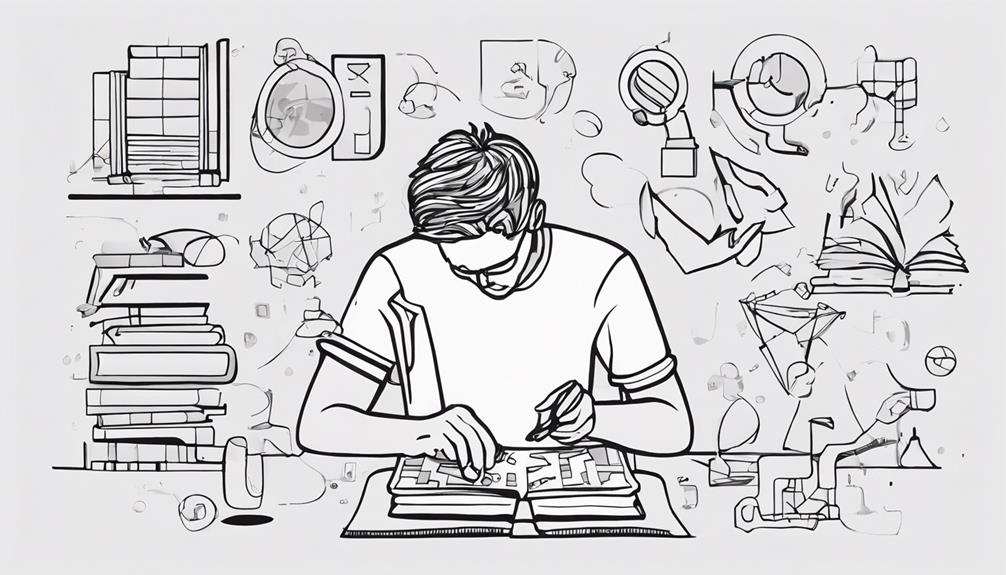
Developing robust critical thinking skills demands active engagement in questioning, listening attentively, and refining logical reasoning capabilities. It involves honing problem-solving techniques, analyzing information meticulously, and fostering open-mindedness. Researching with credible sources, identifying biases, and continuously educating oneself are essential for personal and professional growth in this area. Enrolling in courses like 'Introduction to Logic and Critical Thinking' can provide structured guidance for enhancing critical thinking abilities. Embracing logic and reasoning abilities is fundamental in navigating complex situations and making informed decisions. By actively seeking to improve these skills, individuals can become adept at evaluating evidence, recognizing patterns, and constructing sound arguments. Continuous practice and exposure to diverse perspectives are crucial in developing a well-rounded critical thinking approach. In essence, the journey of developing critical thinking skills is a dynamic process that requires dedication, discipline, and a commitment to intellectual growth.
Significance in Informed Decisions
Transitioning from the development of critical thinking skills, the significance of critical thinking in making well-informed decisions cannot be underestimated. When individuals engage in decision making using critical thinking, they actively seek to identify potential biases and assumptions that may influence their judgment. This approach empowers individuals to approach a wide range of scenarios with a rational and objective mindset, leading to better outcomes. Here are four key benefits of thinking critically in the decision-making process:
- Enhanced Problem-Solving: Critical thinking allows us to navigate complex situations by breaking down problems into manageable parts and considering various perspectives before arriving at a solution.
- Reduced Errors: By employing critical thinking, thinkers can minimize the likelihood of errors in judgment or decision-making processes, leading to more accurate and reliable outcomes.
- Improved Quality of Decisions: Critical thinking fosters a systematic approach to decision making, ensuring that choices are based on logical analysis and evaluation of information rather than impulsive reactions.
- Promotion of Sound Judgment: Critical thinking promotes sound judgment by encouraging individuals to consider evidence, weigh alternatives, and choose the most effective course of action based on reasoned arguments.
Conclusion and Next Steps
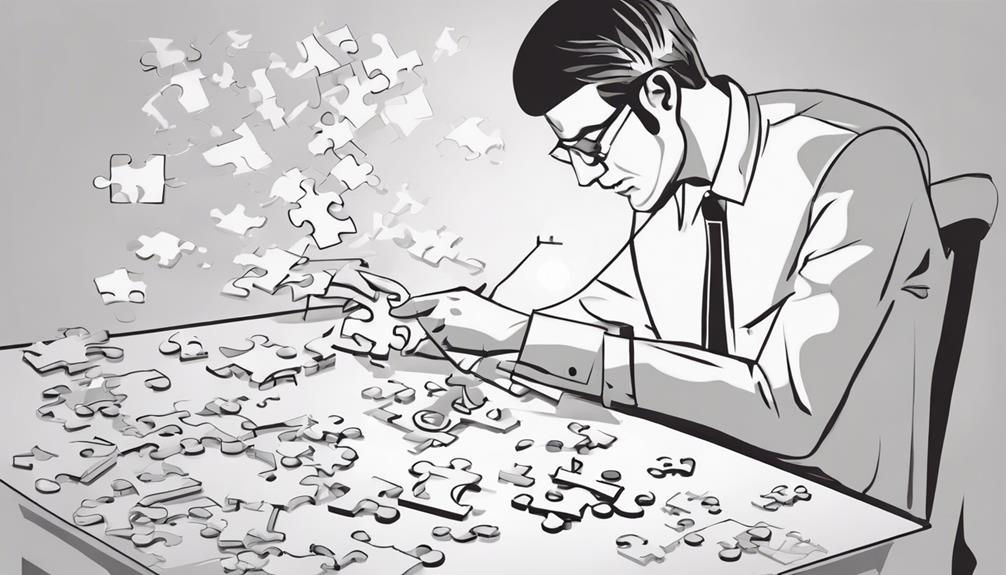
The culmination of our exploration into the importance and definition of critical thinking leads us to the pivotal juncture of drawing conclusions and outlining the next steps in advancing this fundamental skill. Critical thinking provides us with the cognitive skills necessary to challenge assumptions, solve problems, and make well-informed decisions. By honing this skill, individuals can attain a comprehensive understanding of complex issues, leading to the ability to make positive and innovative solutions based on logical reasoning rather than conjecture.
To progress in this realm, individuals must actively seek opportunities to further develop their critical thinking abilities. This may involve engaging in courses that specifically target critical thinking, such as Introduction to Logic and Critical Thinking. Through such endeavors, individuals can enhance their capacity for problem-solving, decision-making, and creative thinking. By continuously refining these skills, individuals can navigate the complexities of the modern world with confidence and acumen, ultimately leading to personal and professional growth.
Frequently Asked Questions
What Is Critical Thinking and Importance?
Critical thinking encompasses problem-solving, analysis, logical reasoning, and evaluating evidence. It is crucial for decision-making, creative thinking, and developing cognitive skills. Through effective communication and deep understanding, critical thinking fosters lifelong learning. By honing these skills, individuals can navigate complexities, adapt to change, and contribute meaningfully in various contexts and professions. Embracing critical thinking is essential for empowering individuals to make informed choices and tackle challenges with confidence.
What Is Critical Thinking in Your Own Words?
Analytical reasoning, problem-solving, logical evaluation, and open-mindedness characterize critical thinking. It involves making rational judgments based on evidence, honing cognitive skills for independent thinking. Critical thinkers excel in decision-making by navigating complexities with clarity. They communicate ideas effectively, dissecting information to reach sound conclusions. This cognitive process fosters creativity, enhances problem-solving abilities, and equips individuals to approach challenges with a methodical and insightful approach.
Why Is Critical Thinking so Vital?
Critical thinking is vital due to its role in enhancing problem-solving, decision-making, and analytical skills. It fosters logical reasoning, creative thinking, and effective communication. By questioning assumptions and embracing cognitive flexibility and open-mindedness, individuals can navigate complex challenges more effectively. The ability to think critically is essential in various aspects of life, enabling individuals to make informed decisions, evaluate information objectively, and adapt to dynamic environments with confidence.
Why Is Critical Thinking Important for Society?
Critical thinking is essential for society as it enhances problem-solving and decision-making skills. By analyzing and evaluating information, individuals can innovate, progress, and address complex challenges effectively. It encourages questioning, reasoning, and fosters creativity and insights. Moreover, critical thinking promotes communication, collaboration, and the development of informed opinions. Considering ethical implications, it has a significant societal impact by cultivating a culture of rational discourse and evidence-based reasoning in societal interactions.
Conclusion
In conclusion, critical thinking is a vital skill that enables individuals to analyze information, evaluate arguments, and make informed decisions. One interesting statistic to consider is that 65% of employers believe that critical thinking is the most essential skill for their employees to possess. This highlights the significant impact of critical thinking in the professional world and emphasizes the importance of developing this skill for success in various industries.
